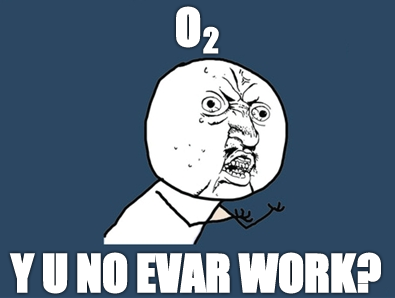4G now live in the UK
After a long wait, 4G LTE mobile internet went live in the UK today. Initially, only Orange and T-Mobile will offer it through their specialist brand, EE. 4G promises to offer much faster speeds than the previous 3G mobile data standard with EE promising a five-fold increase in available bandwidth. They hope that Britain will now become a leader in the global mobile industry after lagging behind the US and much of Europe in bringing 4G to consumers.
The initial roll-out will be trialled in several large densely-populated cities. Birmingham, Bristol, Cardiff, Edinburgh, Glasgow, Leeds, Liverpool, London, Manchester, Sheffield and Southampton will get 4G coverage first. The count will rise to sixteen areas in total by the end of the year when Belfast, Derby, Hull, Nottingham and Newcastle get 4G coverage. EE expect to rapidly extend the 4G coverage throughout 2013 and by 2014 well over 90% of the UK population should be able to get it on their mobiles. You will need a 4G-enabled handset like the iPhone 5 though.
However, the launch has been hit by several problems. First of all, as our analysis has already revealed, EE’s pricing structure for 4G makes the upgrade all but pointless. Pricing starts at £36/month for a paltry 500MB monthly limit and the other tariffs are are either so restrictive or so expensive that it’s hard to see how customers will be able to benefit from the upgrade. The lack of any unlimited data plans is also woeful.
Secondly, it appears that EE have imposed an artificial cap on the 4G bandwidth. While throttled bandwidth is not unheard of, there’s no real excuse for crippling what people are paying for. Especially when 4G is capable of providing speeds several times faster than the 12 Mbps limit they are said to be using. There has been no official confirmation that they are throttling but initial tests indicate that it’s probably happening.
Have you gone for the upgrade to 4G on your phone? What sort of speeds are you seeing with EE’s 4G service? And do you think it’s worth the money?
 Following O2‘s
Following O2‘s 


Recent Comments